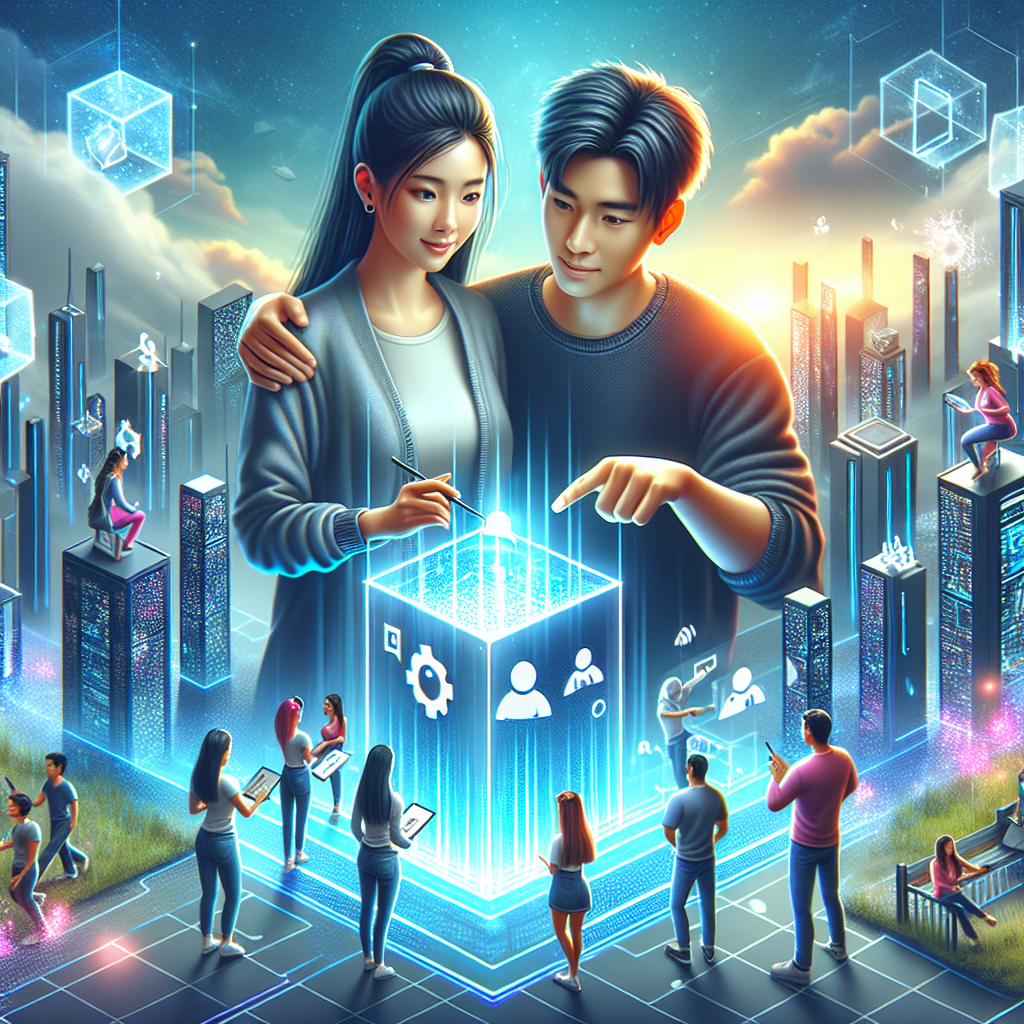[ad_1]
Introduction
The rise of the metaverse is revolutionizing how communities are formed and maintained within gaming worlds. This article explores the social dynamics involved in these environments, highlighting the factors that contribute to community building, and the impacts these virtual spaces have on real-life social behavior.
The Essence of Community in the Metaverse
Communities within metaverse gaming worlds are akin to traditional communities but have unique characteristics due to the digital nature of their interactions. Key aspects include:
- Accessibility: Players from different geographical locations can connect easily.
- Anonymity: Users can choose how much personal information to share.
- Diverse Interactions: Varied forms of communication (text, voice, and visual representation).
Social Dynamics in Metaverse Gaming Worlds
1. Identity and Self-Representation
Players often create avatars to represent themselves, which can influence their interactions:
- Customization: Players can tailor their avatars to reflect their personalities or fantasies.
- Social Status: Certain avatars may be perceived as more desirable based on design and rarity.
- Role-Playing: Avatars can be part of narrative experiences, enhancing social interactions.
2. Communication Styles
Interactions in metaverse gaming oftentimes rely on the following:
- Text-based Chats: Facilitates quick exchanges, with emojis and gifs enhancing expression.
- Voice Communication: Offers a more personal touch to conversations.
- Gestures and Emotes: Non-verbal communication that adds an expressive layer to interactions.
3. Group Dynamics and Teamwork
Team-based games encourage collaboration and interdependence:
“The beauty of teamwork in the metaverse is that it transcends physical boundaries, creating a united front within digital realms.”
Key elements of successful teams include:
- Role Allocation: Assigning roles according to individual strengths.
- Goal Setting: Establishing common objectives to work towards.
- Conflict Resolution: Mechanisms to handle disputes or disagreements within teams.
The Impact of Community on Player Experience
Communities significantly enhance player experiences through social connections and shared goals:
- Increased Engagement: Players who are part of a community are more likely to spend time in-game.
- Support Networks: Players often provide assistance and resources to members in need.
- Event Participation: Collaboratively participating in in-game events fosters solidarity.
Data Insights
| Game Title | Community Size | Active Users Per Day | Average Engagement Time (Hours) |
|---|---|---|---|
| Game A | 500,000 | 50,000 | 3.5 |
| Game B | 1,000,000 | 150,000 | 4.2 |
| Game C | 750,000 | 100,000 | 2.8 |
Case Study: Community Building in XYZ Game
Through a blend of events and in-game mechanics, the XYZ game has successfully built a vibrant community:
- Seasonal Events: Drawing players back with exclusive rewards.
- Guilds/Clans: Providing a structure for players to band together.
- Player-Created Content: Encouraging creativity and involvement.
Challenges in Metaverse Community Building
While there are many benefits, challenges also exist:
- Toxicity: Negative behaviors can hinder community growth.
- Exclusivity: Certain players may feel marginalized.
- Regulation: Establishing guidelines and moderating communities can be complex.
Conclusion
The social dynamics of metaverse gaming worlds offer a unique perspective on community building. As virtual interactions become increasingly common, understanding the complexities of these communities will be crucial for developers, players, and researchers alike. Building positive, inclusive communities can enhance player experiences and create lasting connections in digital landscapes.
Frequently Asked Questions (FAQ)
1. What is a metaverse?
The metaverse is a digital universe where users can interact with a computer-generated environment and other users in real time.
2. How do communities form in gaming?
Communities form through shared experiences, communication, and collaboration within the gaming environment.
3. What are the benefits of being part of a gaming community?
Benefits include social connections, increased engagement, support networks, and collaborative gameplay experiences.
[ad_2]
